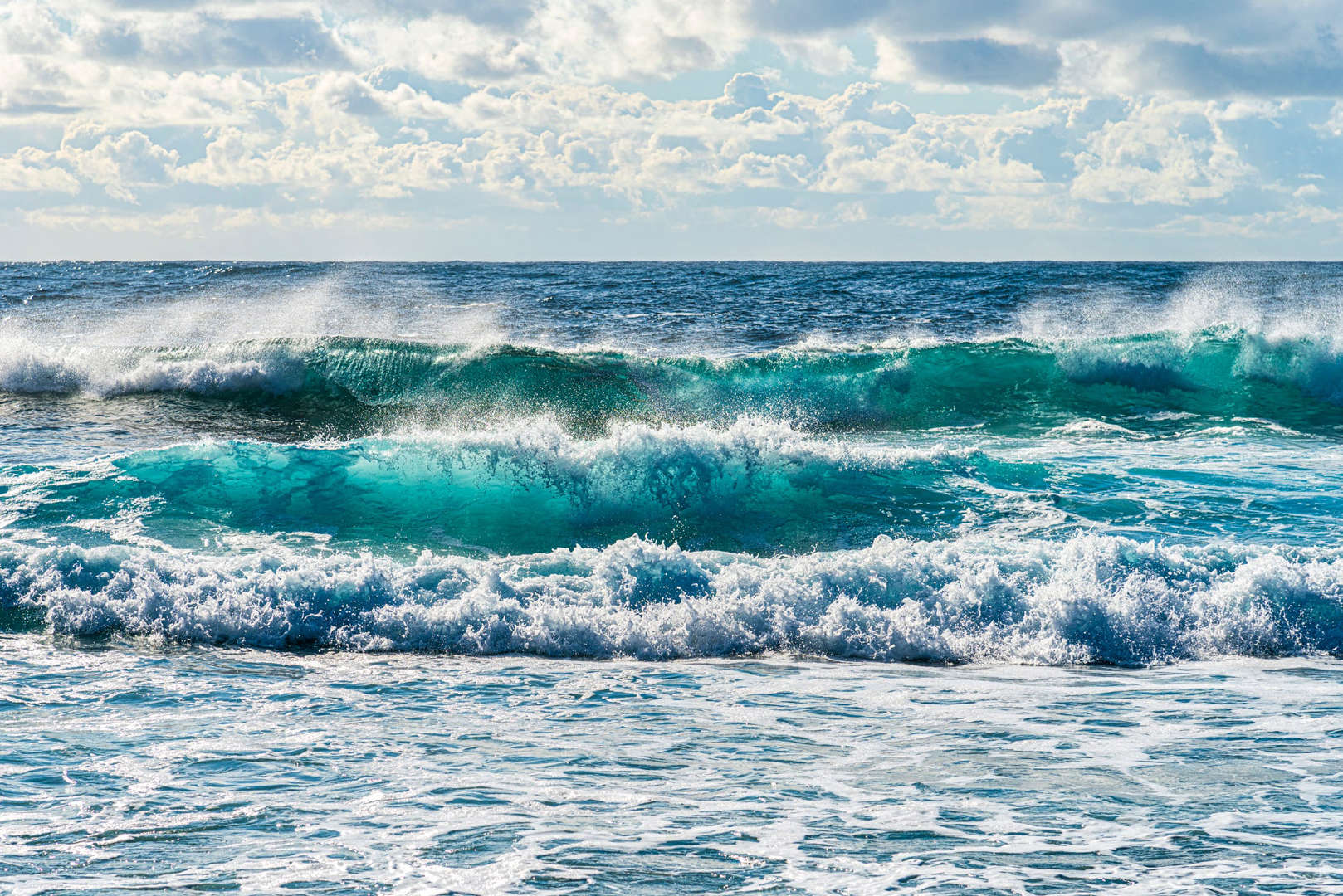11 Dec 2024

Tired Earth
By The Editorial Board

According to a new study published in the journal Earth's Future, climate change is speeding sound transmission in the oceans and potentially affecting natural soundscapes. It's the first global-scale estimate of ocean sound speed linked to future climate.
"We calculated the effects of temperature, depth and salinity based on public data to model the soundscape of the future," lead author Alice Affatati, a bioacoustics researcher at the Memorial University of Newfoundland and Labrador in St. John’s, Canada, said in a statement.
The ocean soundscape is created from a variety of sources, living creatures, waves crashing, cracking ice, and human-generated noise like ship traffic and resource extraction.
Sound speed at 50 meters (164 feet) depth ranges from 1,450 meters per second (3,243 miles per hour) in the polar regions to 1,520 meters per second (3,400 miles per hour) in equatorial waters, according to the study.
As the ocean temperature warms, sound waves will begin to travel faster and the soundscape will get "louder" because warm water conducts sound waves better than cold water.
The study predicts two "acoustic hotspots" of future sound speed increases in the Greenland Sea just east of Greenland and in the northwestern Atlantic Ocean east of Newfoundland. In these locations, the average speed of sound is likely to increase by more than 1.5% -- approximately 25 meters per second (55 miles per hour) from the surface to depths of 500 meters (1,640 feet) -- by the end of the century if "business-as-usual" high rates of greenhouse gas emissions continue, according to the study.
"The major impact is expected in the Arctic, where we know already there is amplification of the effects of climate change now. Not all the Arctic, but one specific part where all factors play together to give a signal that, according to the model predictions, overcomes the uncertainty of the model itself," author Stefano Salon, a researcher at the National Institute of Oceanography and Applied Geophysics in Trieste, Italy, said in a statement.
The study points out that many marine animals use sound to communicate with each other and navigate their underwater world. Changing the sound speed can impact their ability to feed, fight, find mates, avoid predators and migrate -- all of which contribute to biodiversity loss at global scale, the authors said.
A report published in Advances in Atmospheric Sciences found that in 2021, oceans were "the hottest ever recorded by humans." Another study by the Monterey Bay Aquarium found that the world reached a turning point in ocean warming nearly a decade ago, when over half the world's oceans began experiencing extreme heat waves in 2014 that caused harm to marine life.
Researchers say the studies show an urgent need to drastically reduce emissions from the burning of fossil fuels, which are the driver of climate change.
Source : msn.com
Comment